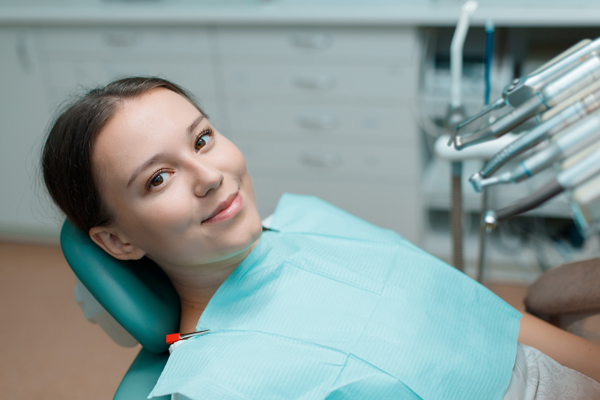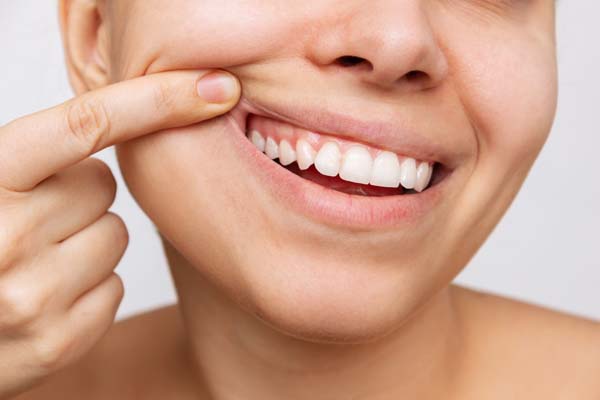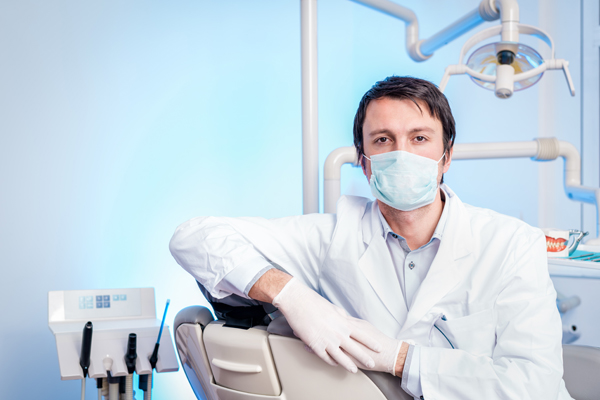The Dos and Don’ts After Tooth Extraction
is a common dental procedure that may be necessary for various reasons, including decay, infection, or overcrowding. After undergoing a tooth extraction, it is crucial to follow proper care instructions to ensure a smooth and successful healing process. Understanding the dos and don'ts after a tooth extraction can help prevent complications, reduce pain, and promote faster healing.
Dos after tooth extraction
According to the Cleveland Clinic, healing times can vary for each patient after tooth extractions, but most patients return to normal activity within 72 hours. Their bone and socket may take several weeks to heal. In this time, patients will want to follow a few yet crucial steps to ensure a smooth recovery and to minimize the risk of infection or other complications. They are as follows:
- Rest and elevate the head. The dentist will provide patients with a doctor's note to help excuse them from work or school, as resting for the first 48 to 72 hours is crucial for recovery. Avoiding strenuous physical activities and keeping the head elevated can help the body focus on healing, reduce swelling, and promote blood circulation.
- Apply cold compresses. Swelling is common after tooth extraction; therefore, patients should apply cold compresses in 15- to 20-minute increments within the first 24 hours post-surgery to reduce discomfort.
- Maintain oral hygiene. To avoid infections, patients should gently rinse their mouths with lukewarm saltwater multiple times a day to reduce bacteria and promote healing. Be sure to avoid brushing directly on or near the extraction site for a few days to avoid irritation.
- Adopt a soft diet. After tooth extraction, patients should follow a soft-food diet for the first few days to prevent irritating the extraction site. Foods such as yogurt, mashed potatoes, protein shakes, smoothies, and scrambled eggs are good options.
Note that this list is not exhaustive. Certain patients with underlying health conditions, such as diabetes, may require additional instructions. However, the dentist will provide these at the time of the appointment.
Don'ts after tooth extraction
While following proper aftercare instructions is essential, it is also important to be aware of certain actions to avoid after a tooth extraction. The following don'ts will help prevent complications:
- Do not smoke. Smoking after a tooth extraction can inhibit healing, and the suction created by healing can dislodge the blood clot that forms in the extraction site, leading to a painful condition called dry socket.
- Do not drink through a straw. Using a straw can create suction in the mouth, which can dislodge the blood clot at the extraction site. Again, this can cause dry socket and significantly delay the healing process.
- Do not touch the extraction site. Patients must avoid touching the extraction site with objects, their fingers, or tongue, as this can introduce bacteria and cause infection.
- Do not eat spicy foods. Hot foods and drinks can increase swelling and discomfort, especially during the initial healing period. Spicy or heavily-seasoned foods may irritate the extraction site and cause discomfort.
Again, if patients have an underlying medical condition, the dentist may recommend further instructions, such as which medications are appropriate and which are not during recovery.
Call us for more information
Tooth extraction can be an essential procedure for maintaining overall oral health. However, it is crucial to follow proper guidelines. For more information about the tooth extraction procedure or to learn about the necessary steps for recovery, do not hesitate to contact our office.
Request an appointment here: https://www.carlosesanchezdds.com or call Carlos E. Sanchez, DDS at (209) 690-1118 for an appointment in our Tracy office.
Check out what others are saying about our dental services on Yelp: .
Related Posts
Dealing with problematic teeth is vital to your current and future oral health, and sometimes this includes tooth extraction. Various dental issues can necessitate an extraction, but it is also important to note that not replacing the extracted tooth or teeth can harm your dental health. However, there are several methods and options to consider…
Tooth extraction, or dental extraction, is the removal of a tooth from the mouth. There are many different reasons that a dentist may recommend tooth extraction, and it can be performed on any tooth inside the mouth. It is helpful to understand why a dentist may recommend it and how it can help your long-term…
Sometimes a tooth extraction is necessary. This procedure is not an easy thing to do, but it is often crucial for maintaining oral health, especially when leaving the affected tooth could cause other, usually much more severe health concerns. Some of the reasons for tooth extraction can be avoided with preventive care like dental checkups…
We may have to consider tooth extractions if teeth have enough damage. Call us for more details.While tooth extraction is not our first option for treating infected teeth, it may become necessary in certain situations. Regardless, we will numb the area around the tooth so you will not feel any pain.Tooth ExtractionAt Carlos E. Sanchez,…


